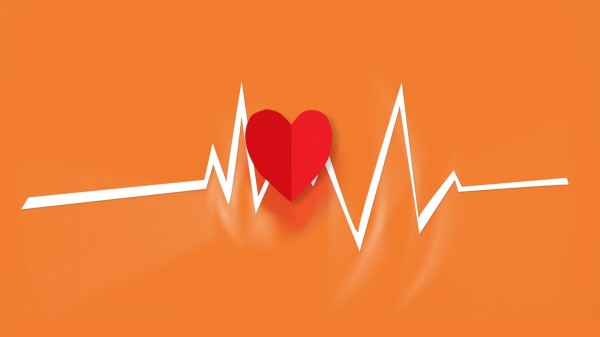Preventive Cardiology and How it Helps Your Heart

Taking care of your heart is very important. Numerous products in the market have labels including, good for the heart, boosts heart health, and other catchy lines connected to your heart's well-being. It's not surprising that people take an interest in heart health. According to the Centers for Disease Control and Prevention (CDC), about 665,000 Americans die from heart disease each year, and about 805,000 experience heart attack. Alarming, isn't it?
ALSO READ: Premature Babies at Higher Risk of Experiencing Heart Ailments in Life, New Study Finds
If your family has a history of cardiovascular disease, you might be fed up with your physician's reminder to exercise, eat healthy food, no smoking, and too much alcohol. But time has attested to these practices that they can make a difference when it comes to your heart. An emerging field in medicine called preventive cardiology maybe your upgrade in taking care of your heart.
What is Preventive Cardiology
According to UT Southwestern Medical Center, preventive cardiology is a medical field focused on lowering the risk of developing heart disease and having a risk for first heart attack and stroke. They also prevent further issues in people who already have cardiovascular disease. Nieca Goldberg, MD, said in an interview with Well and Good that what preventive cardiologists do is look at the individual's risks on cardiovascular diseases and, from there, base a plan for the patient. Dr. Goldberg said that every patient is different. In some instances, the preventive cardiologist is connected to a health coach and then connects them to a dietitian who can help them recommend good eating habits. Dr. Goldberg added that if an individual finds out that someone in their family had heart disease, he/she should consult a preventive cardiologist to know his/her risk of having the same complication.
READ ALSO: Heart Disease May be Prevented Before Birth! Here's What New Research Says
How does the consultation work?
Since you determined your risk factor, prepare to talk about your family history, diet, and lifestyle. According to Stanford Healthcare, their hospital runs a comprehensive heart disease risk assessment to stop the progression of risk for heart disease. Well and Good also said that tests like full physical exams, cholesterol tests, and blood tests are required for new patients. Dr. Michael Share, a cardiologist from Cedar-Sinai Medical Center, added that other tests a patient can undergo to better assess the patient's heart risk. One is an electrocardiogram (ECG), a test that measures the heart's electrical activity. He added that a coronary calcium scan could also be done for a patient who does not have heart disease symptoms but has a risk of having it. According to Michigan Medicine, a coronary calcium scan looks or checks for calcium buildup in the coronary arteries. They added that calcium in the heart might be a sign of heart disease, and the high score of calcium scan means a higher chance or higher risk of having a heart attack. Michigan Medicine said that the results of a coronary calcium scan would make you adjust your lifestyle.
Consulting a preventive cardiologist or undergoing preventive cardiology may be a bit pricey because they are also specialists. But preventing yourself from having complications in the heart may save you from greater costs and hospital bills.
READ NEXT: 4 Worst Foods that Can Harm Your Heart
Check out more news and information on Heart Disease on MD News Daily.
Nov 03, 2020 09:00 AM EST





